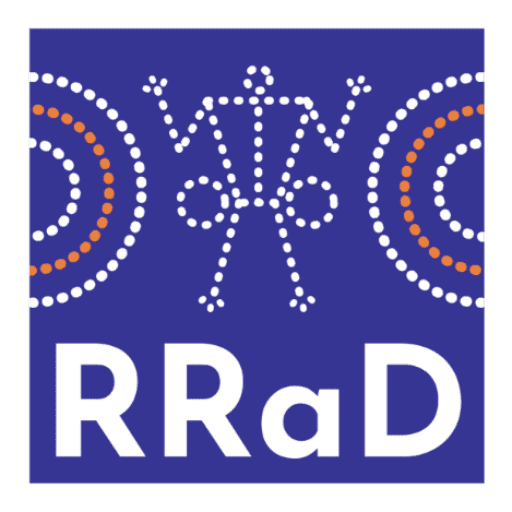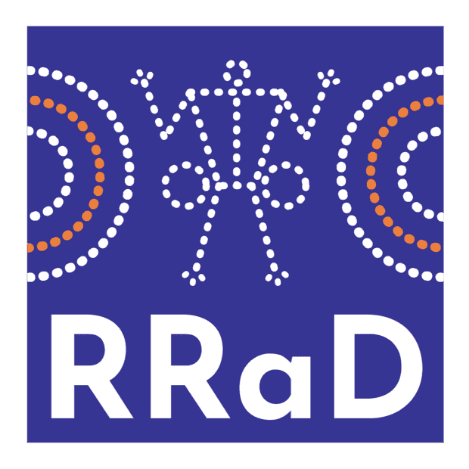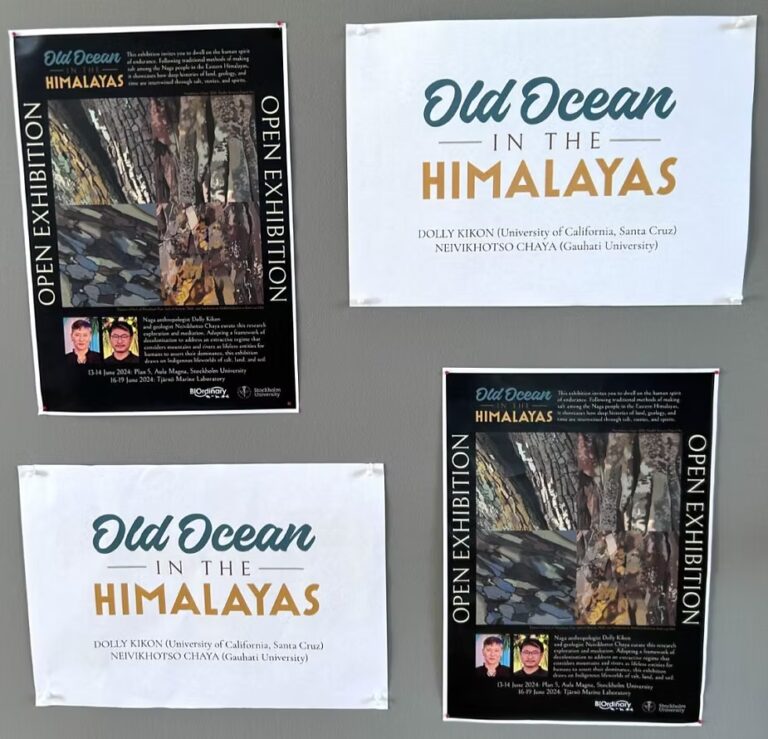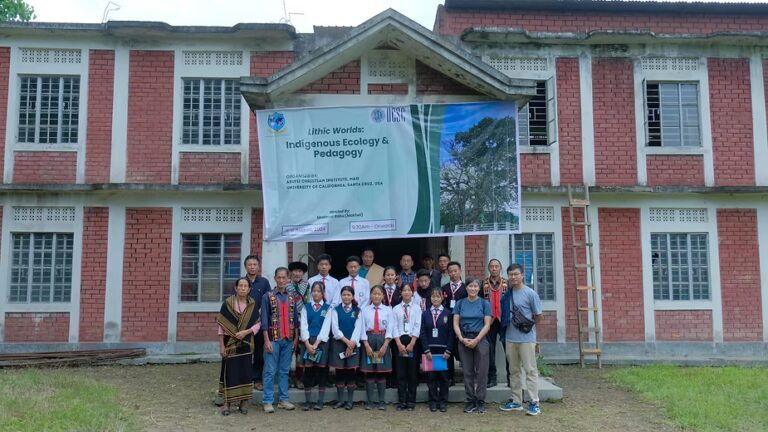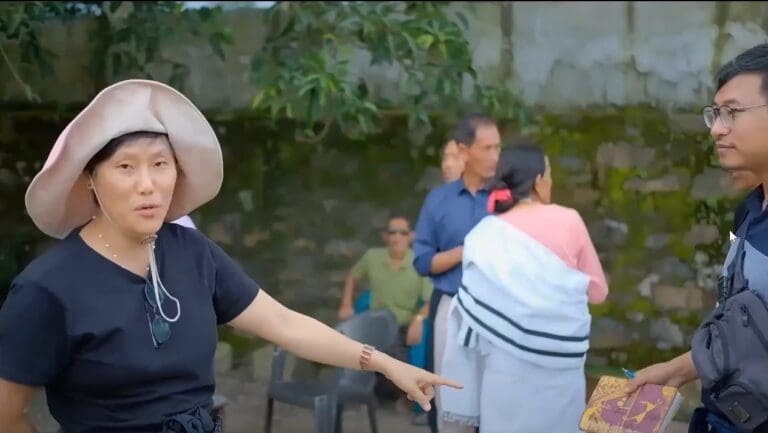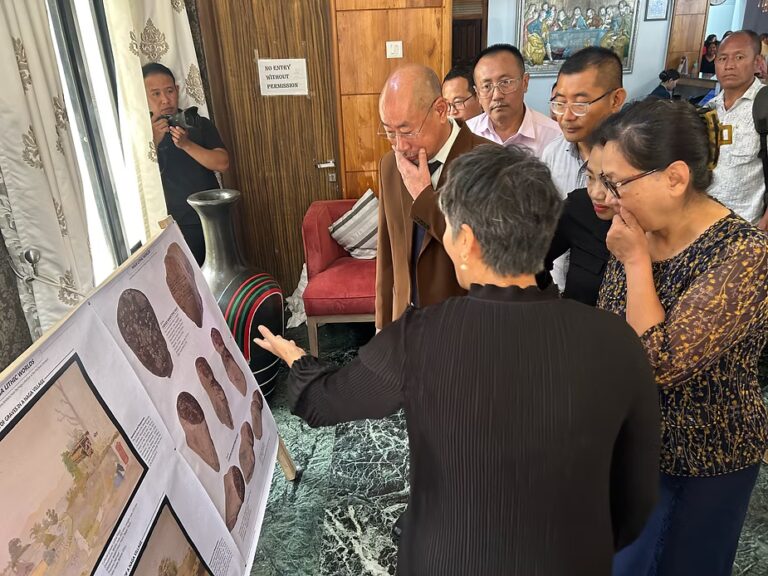Following a series of focus group discussions, the Recover Restore and Decolonise (RRaD) of Forum for Naga Reconciliation’s (FNR) held an orientation session on the issues of repatriation with the media corps on August 27.
The session, facilitated by Naga Anthropologist Dolly Kikon, addressed the essential role the media plays in ushering more public awareness and better understanding for people to engage in constructive interactions and make informed decisions on the issues of repatriation.
The orientation emphasised the need for discernment by the media corps, particularly indigenous journalists, while reporting and investigating this sensitive topic, stated the RRaD Media team in a press release.
During the same, the need for reframing and contextualisation of key terms such as “decolonisation,” “repatriation,” and “indigenous” were deliberated.
Discussion centred round an overview of global, regional, and local coverage on repatriation and situating the Naga journalists in this matrix, the importance of unpacking the history of colonization within global and local contexts, the RRaD informed.
The importance of understanding the existing worldviews – Christian worldview vis-à-vis indigenous belief systems and traditions, and the essence of undertaking a self-reflective journey as an indigenous journalist were also discussed, it added,
Besides the release of The RRaD logo, a Pitt Rivers Museum (PRM) film providing background information on the Naga collection and the process for repatriating ancestral human remains was also screened at the session.
Repatriation project
As per the RRaD release, in 2020, the PRM decided to remove human remains from their exhibition and renewed their efforts to collaborate with various communities to return ancestral human remains taken during the period of British imperialism.
As part of the decolonising process, they are exploring the healing journey through working closely with these communities and the Naga human remains are part of this endeavour to return them to the people.
As the FNR’s ongoing work with communities and groups on reconciliation and healing are a response to historical violence, the PRM reached out to the forum to facilitate a process of community dialogue regarding the “future care and/or return” of Naga ancestral human remains.
Accordingly, as part of the facilitating process, the FNR formed the RRaD team to study and network with “indigenous experts, conduct participatory action research, generate public awareness, and develop a strong viable case to make an official claim to the University of Oxford.”
“For more than a hundred years, human remains of Naga ancestors and sacred objects were taken from the Naga homelands and placed in Museums, libraries, and private collections across the world, the RRaD noted.
Founded in 1884, the PRM is part of the University of Oxford, and it holds the largest collection of Naga artifacts in the world, it added.
The orientation session on Saturday was the continuation of the process.
First published in The Morung Express on August 28 2022 (MExN)
Link: https://morungexpress.com/media-in-nagaland-sensitised-on-issues-of-repatriation
